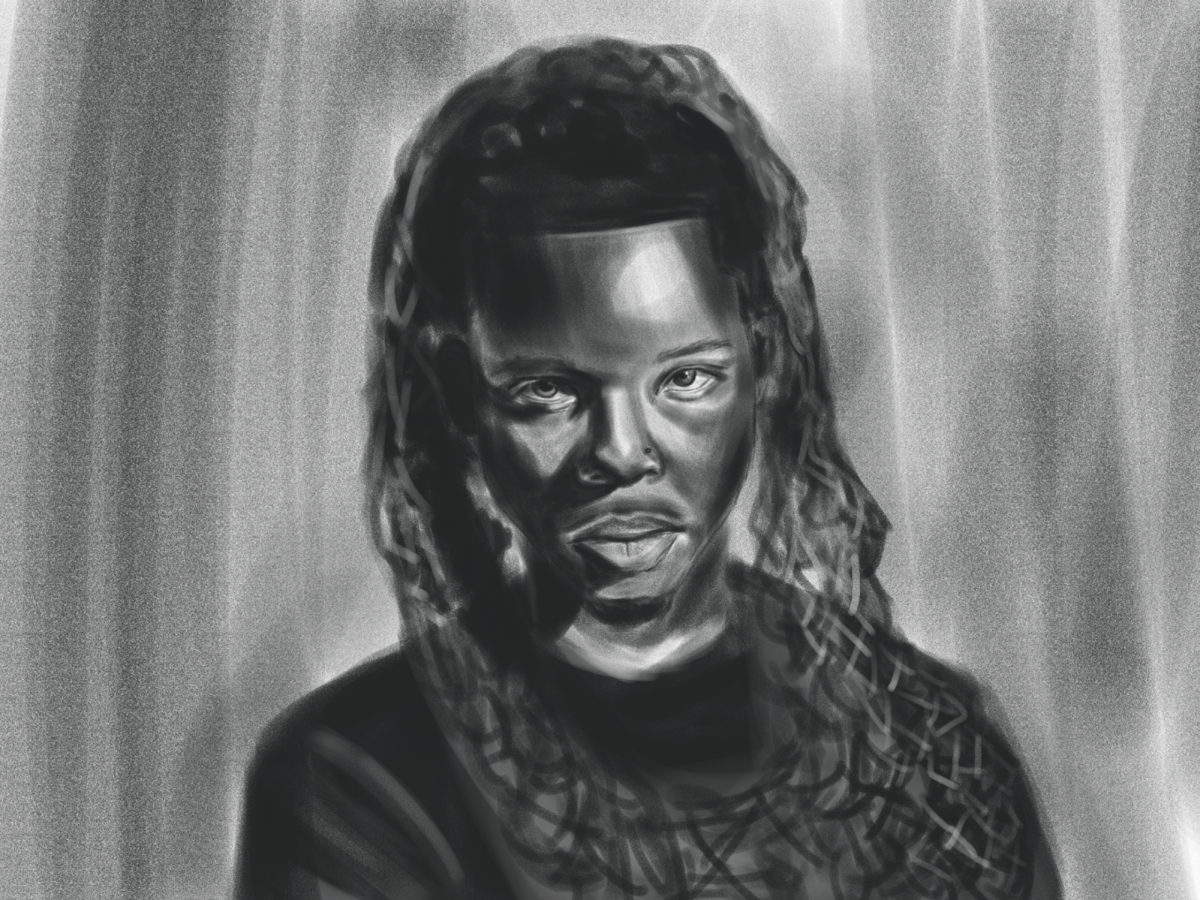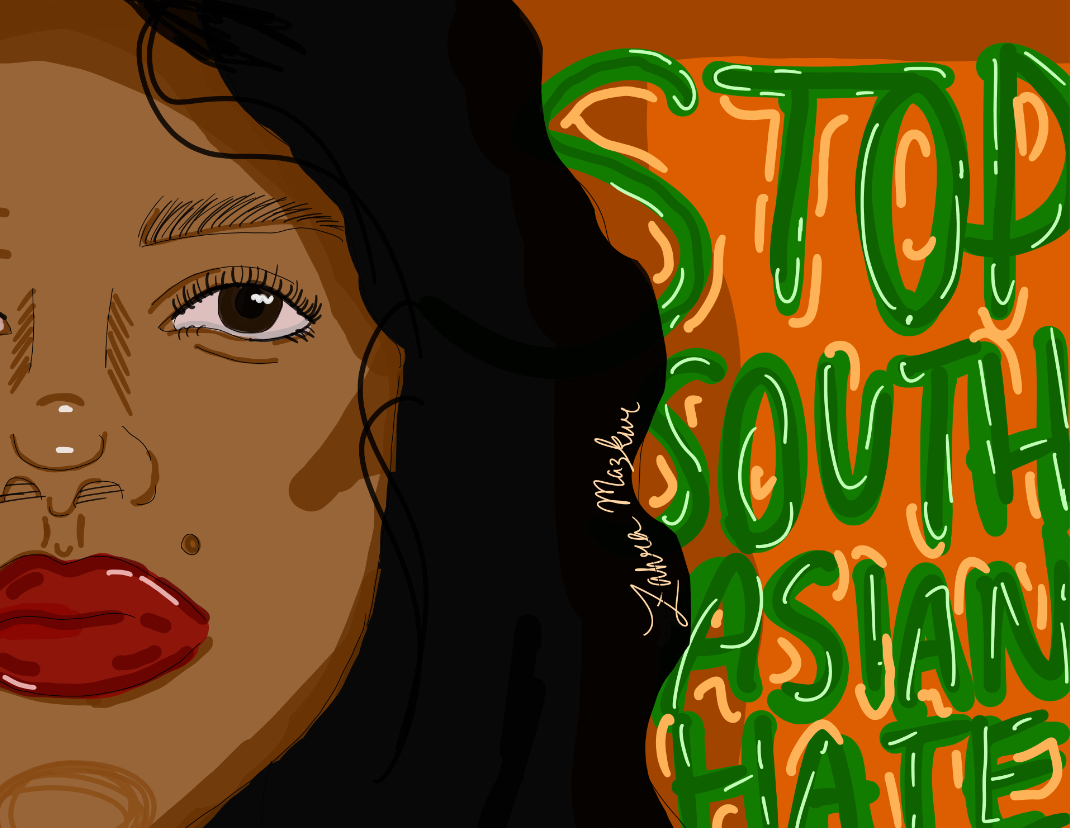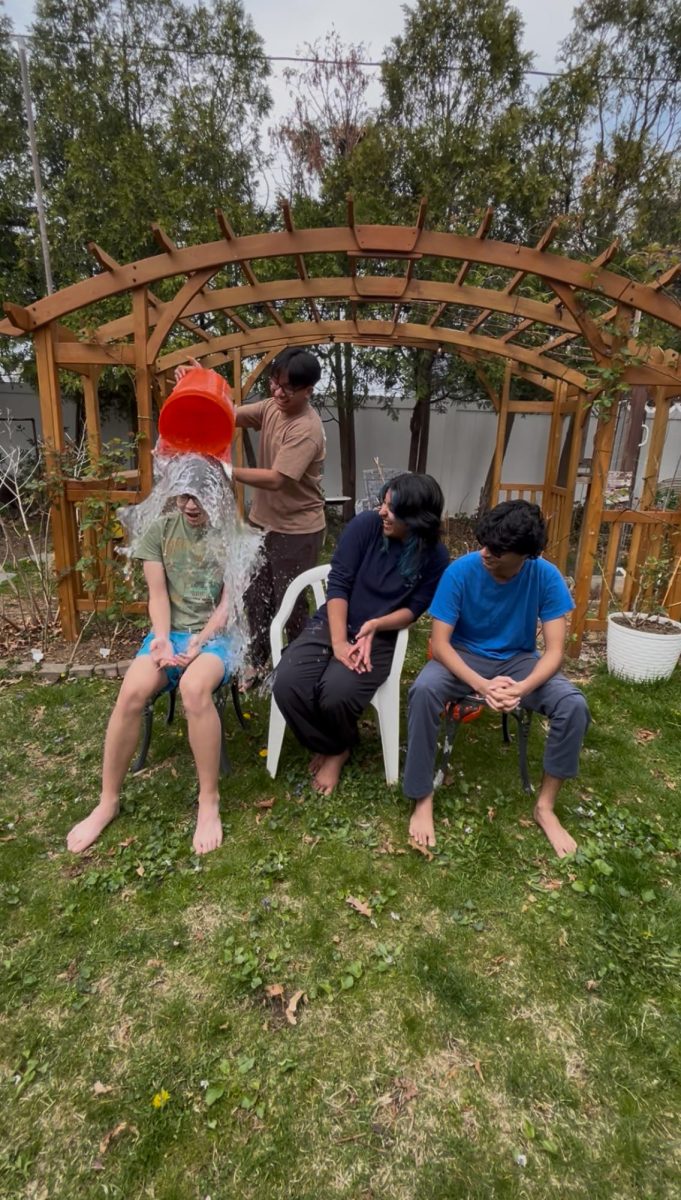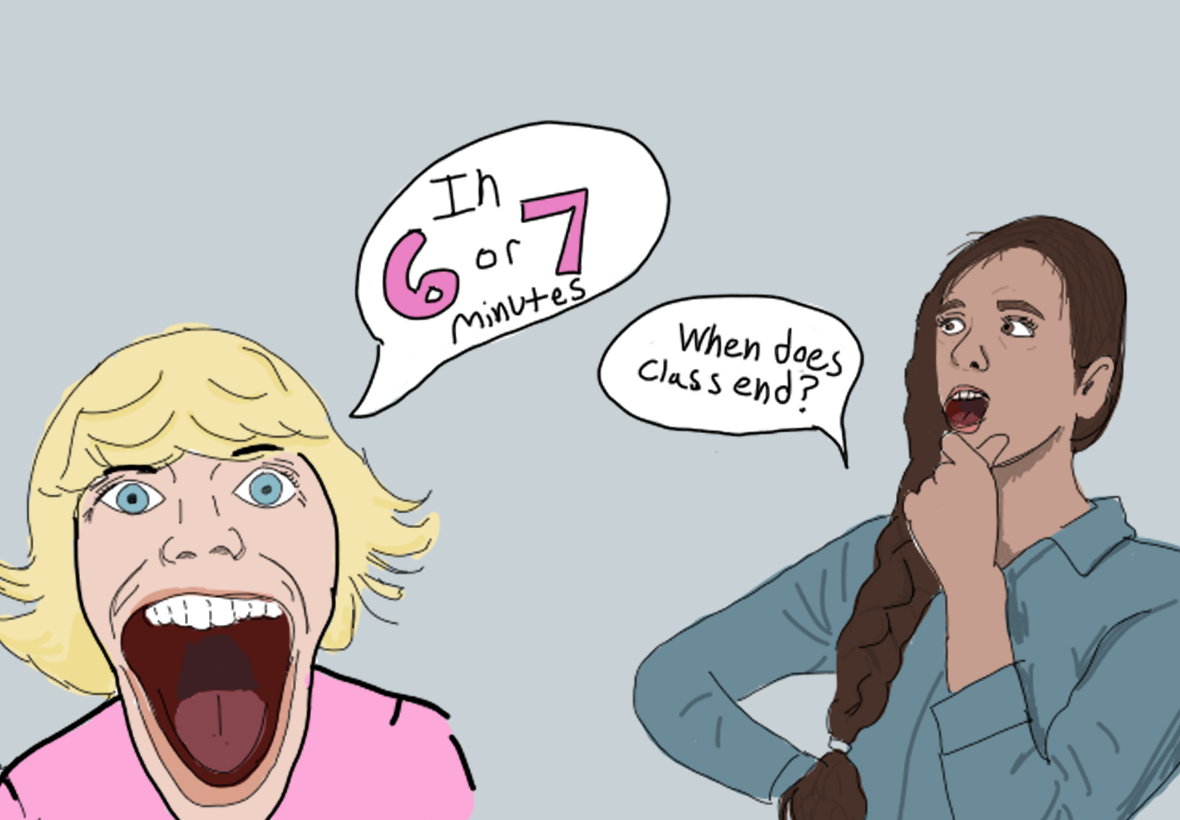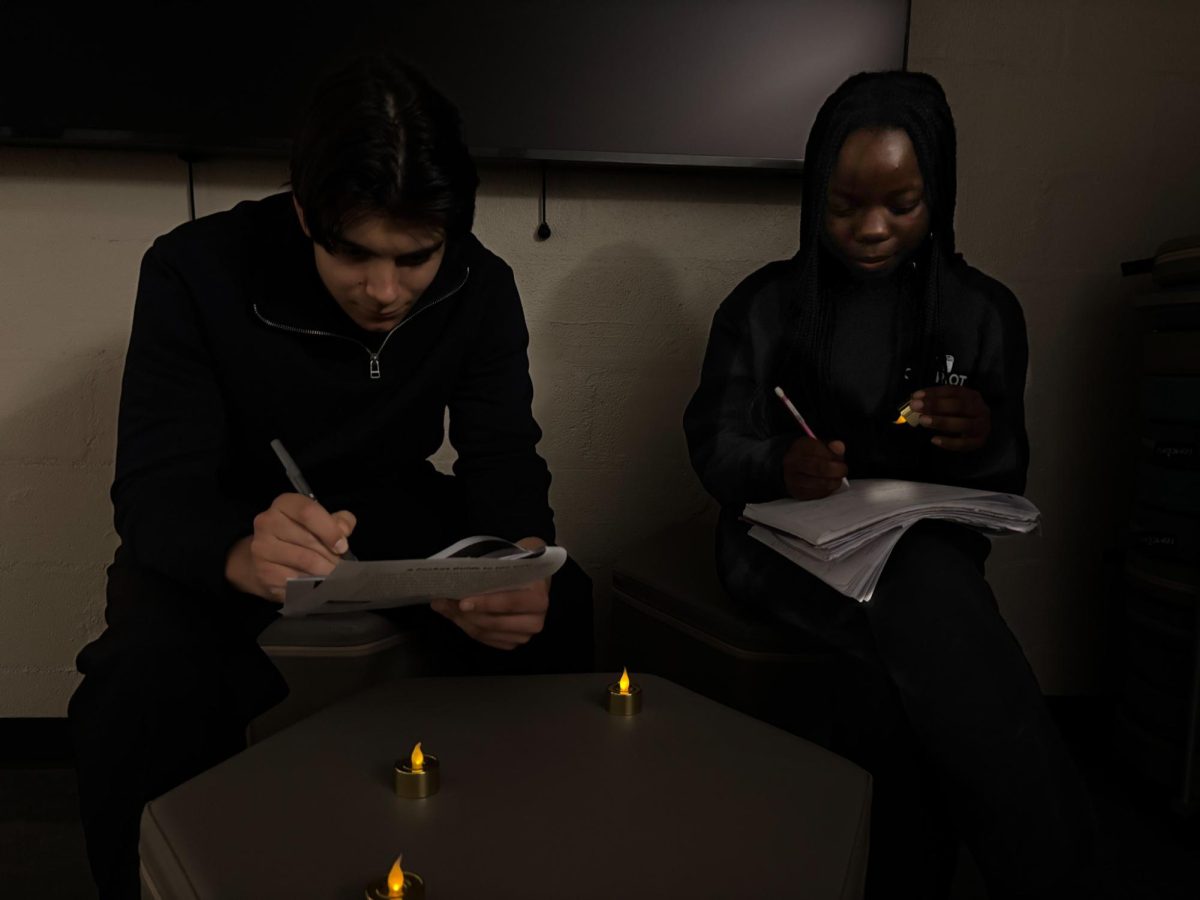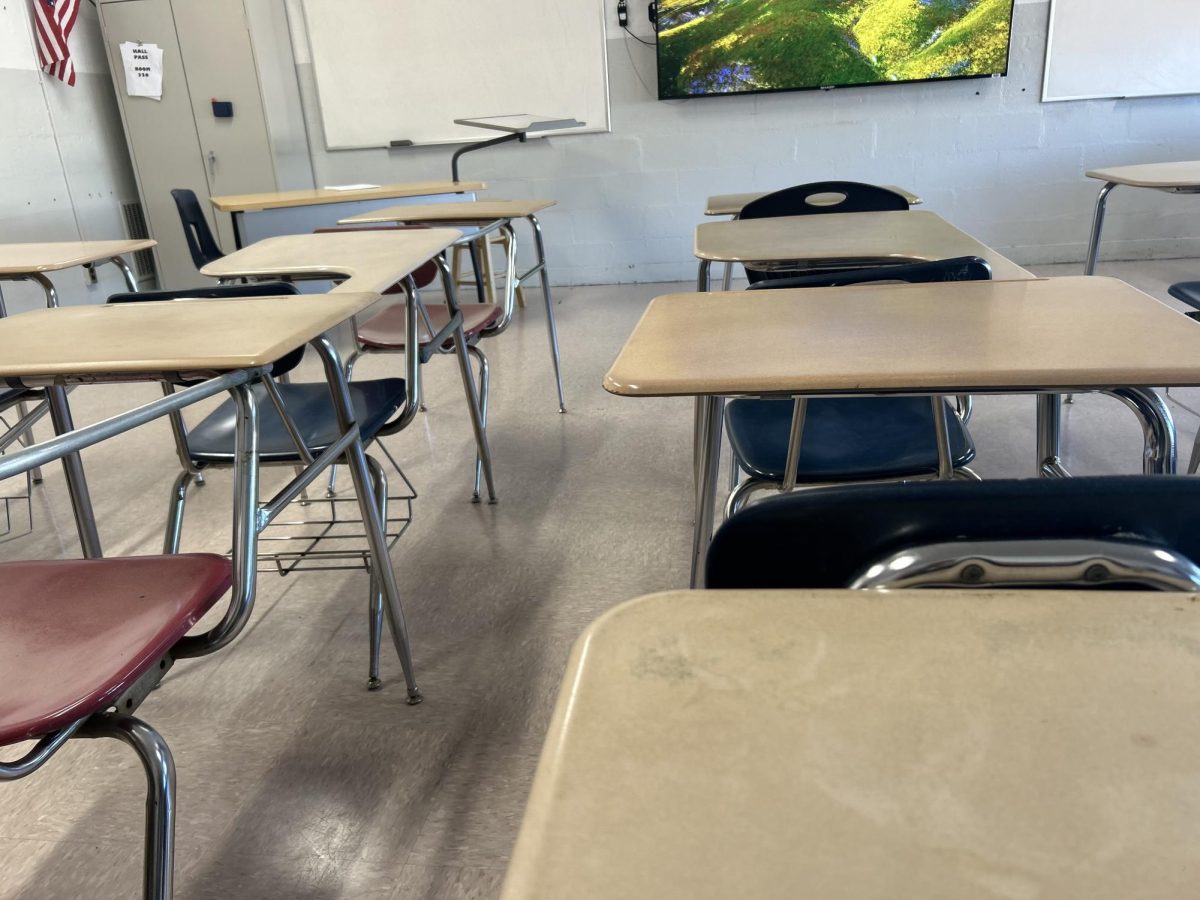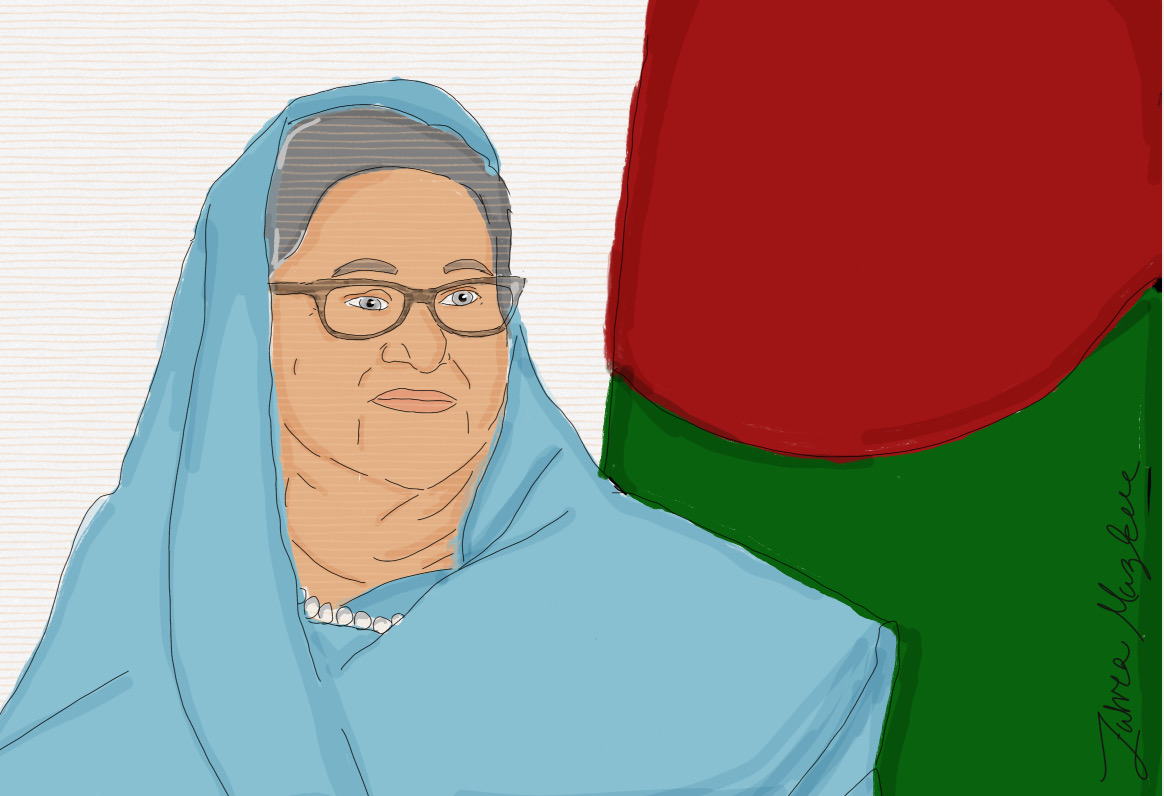This summer, an unprecedented event occurred in South Asia. Protests and riots across the country of Bangladesh forced the long-reigning Prime Minister, Sheikh Hasina, to resign and flee the country. The world witnessed a full-scale revolt that swept a country of over 170 million people. The resignation of Hasina amid the massive domestic turmoil has marked a significant turning point in the history of the young nation.
At the time of the protests, Sheikh Hasina had been Prime Minister for 15 consecutive years and a combined total of 20 years. Her extensive tenure as a political leader has had an impact on the trajectory of Bangladesh’s development, especially considering that the nation is only about 50 years old. Notably, Hasina is the daughter of Sheikh Mujibur Rahman, the founder of Bangladesh. After Rahman was assassinated in 1975, Hasina fled the nation, but she gained power in 1996 after leading the nation under the political party her father had started: the Awami League. Although the country has seen increasing economic prosperity under Hasina’s leadership, Bangladesh’s Awami League has long been criticized—even before the protests—for cracking down on opposition parties, intimidating or arresting rival political figures, and generally becoming more authoritarian while ruling a democratic nation. Retrospective opinions on Sheikh Hasina’s rule have been largely mixed, both domestically and internationally.
“For families like my uncle’s, there was strong support for Hasina because they directly benefited from her policies,” junior Nayana Kabir said. “Many viewed her not only as a capable leader but also as the rightful successor to her father. On the other hand, families like mine, who did not experience the benefits of her policies, felt left behind and disregarded. Allegations of electoral manipulation, suppression of opposition, and media censorship resonated more with my family.”
The breaking point according to Bangladeshi civilians, however, was the reintroduction of a quota system for government jobs. Per the quota system, 30% of all government jobs would be reserved for descendants of Bangladeshi freedom fighters who helped liberate the nation from Pakistan in 1971. The move was highly unpopular—especially during a time of increased youth unemployment in the country. Moreover, given that the Awami League was the leading force during the Bangladesh Liberation War, many families of freedom fighters ardently supported the party. Thus, much of the country saw the quota as a means for the Awami League to gain further political influence within the government of Bangladesh. This prompted widespread national protests, which eventually turned violent and forced Hasina’s self-exile to India.
Though the ousting of Bangladesh’s long-reigning autocrat has prompted celebration among many civilians across the country, the country is facing continued unrest. For instance, the Awami League’s secular, anti-Islamist ideology has highlighted deep-rooted divisions within the Muslim-majority country. Bengali Hindus form the nation’s largest minority, and many of them support the party for their non-religious stance in spite of Islam’s designation as the state religion of Bangladesh. The implicit interconnection between religion and politics in the country has left many Hindus vulnerable to mob attacks, especially in light of the Awami League’s abrupt loss of power. While groups of young Muslims have protected Hindu homes and temples amid heightened religious violence, the situation remains tense for minority groups.
“My family members are Bengali Hindus, and many of them have gone into hiding to avoid persecution during the protests,” senior Oishik Saha said. “In fact, one of my relatives recently bought a gun to protect his family in Bangladesh. The situation in the country has definitely settled down a bit, but there’s still an underlying sense of fear.”
The future of Bangladesh remains uncertain at this point in its history. Nobel laureate Muhammad Yunus has been sworn in as the leader of an interim government, helping to regain some stability within the nation (notably, though, the interim government remains strongly controlled by the military). However, the effects of this major event have continued to resonate among Bangladeshi citizens as well as the wider Bengali diaspora. Among the widespread presence of the Bengali community at New Hyde Park, many students and their families have been personally impacted by the current political situation in Bangladesh.
“My entire family was praying for the innocent lives of those in Bangladesh—the students, the kids, the parents, etc.,” junior Shahriyar Bari said. “When Hasina stepped down, it gave them hope that our country would finally reunite, but now that there is no appointed leader, and the government is led by the army, they’re still worried about any future outcomes.”














